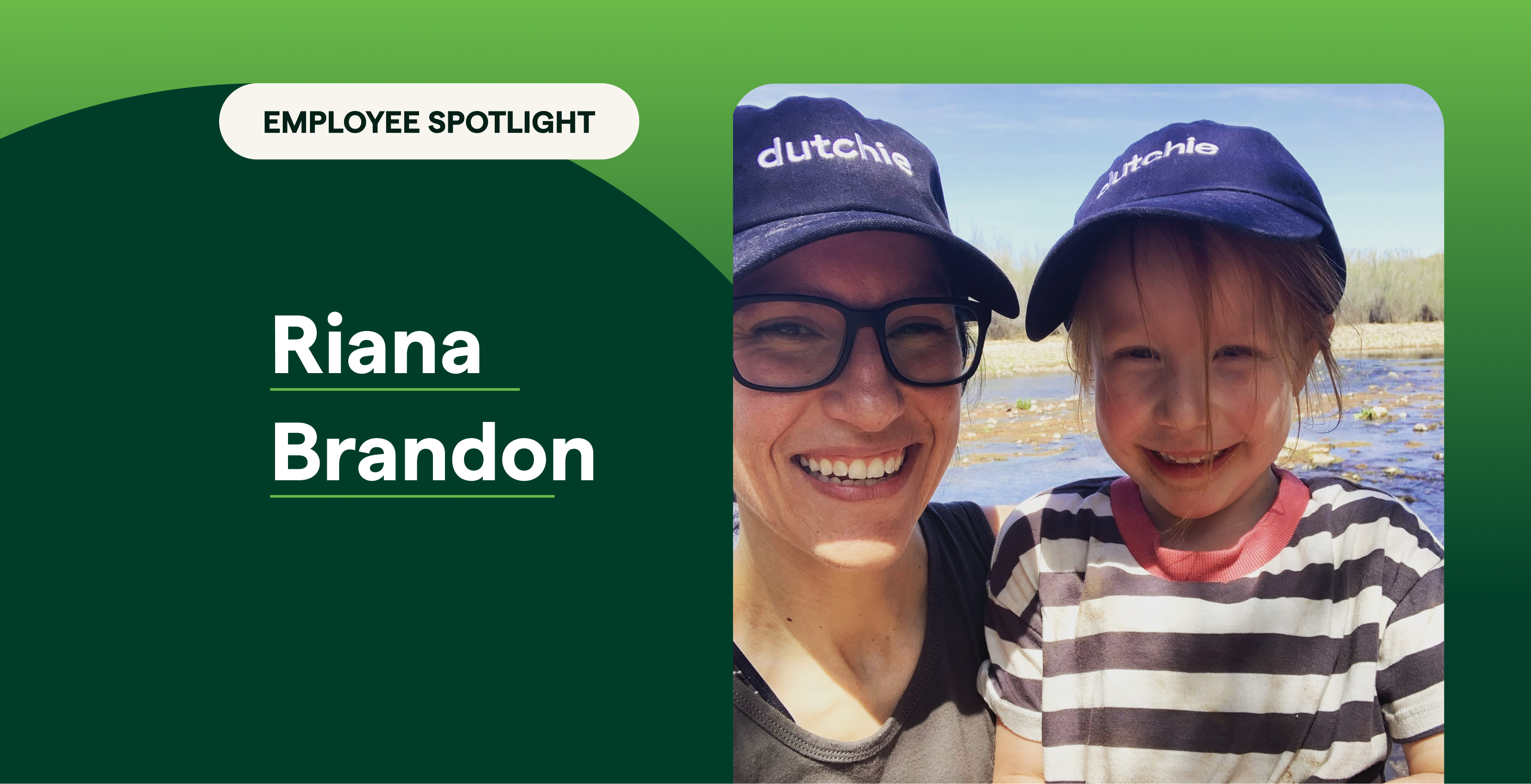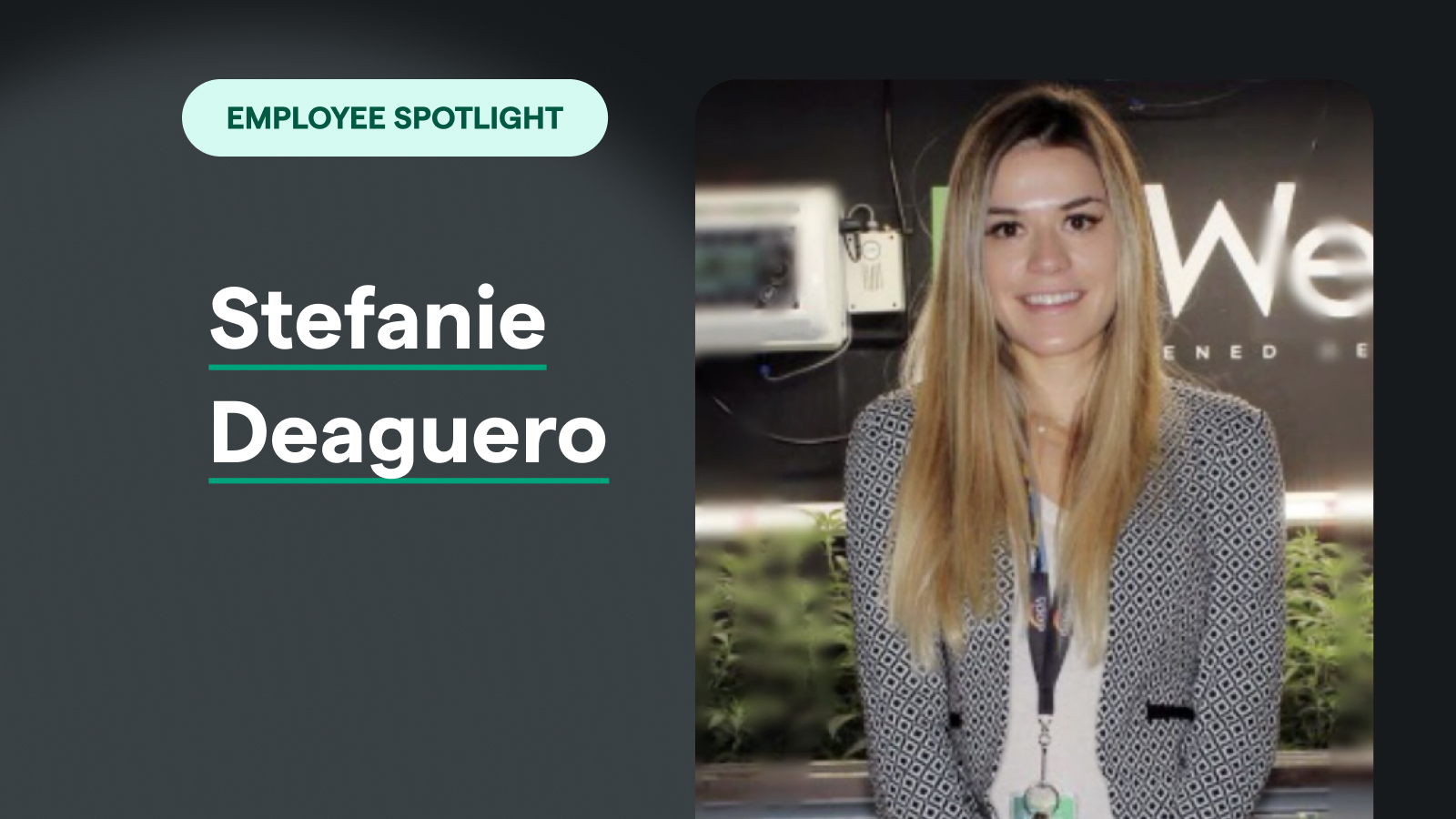
Supporting cannabis entrepreneurs in the Bronx with Desmon W. Lewis
Late last month, Senate Majority Leader Chuck Schumer, almost immediately after introducing the Cannabis Administration Opportunity Act, headed to the Bronx for an event to launch the Bronx Cannabis Hub. We wanted to follow up Chuck Schumer's visit with a conversation with Desmond Lewis to hear more about the Bronx cannabis hub, what it is about its mission, and talk about New York's approach to legalization.
Full transcript
Jay Rosenthal [00:00:05] Desmond, thank you for making time.
Desmon W. Lewis [00:00:42] Thank you for having me, Jay.
Jay Rosenthal [00:00:48] So, a lot of people now know about the Bronx Cannabis Hub. You had a famous visitor within the past couple of weeks—but tell us what the Bronx Cannabis Hub is all about.
Desmon W. Lewis [00:00:56] Great. So, first of all, again, thank you so much for the opportunity to talk about this important work. So the Bronx Cannabis Hub is a project of the Bronx Defenders in partnership with the Bronx Community Foundation, focused on supporting social equity applicants initially in New York that qualify under the first 100 or 200 conditional adult use retail dispensary licenses to help them get licensed. These are the most disproportionately impacted New Yorkers in Bronx Heights, who have a opportunity really to right some of the wrongs that have been done in New York, specifically around cannabis regulation. And so our first priority is to get those individuals to license by providing legal support and other resources to help them succeed in that process. And then in parallel, we're working with community groups to help build out a wider community based education program in the Bronx, to educate our community members, our families, our residents around what is cannabis mean for our community. And so in tandem, those are really the priorities of the Bronx cannabis hub, the first of its kind in the state, to really help drive forward this initiative that the MTA has provided an opportunity for our state to take advantage of.
Jay Rosenthal [00:02:12] And it's so it's obviously super important work. And it's made possible the opportunities made possible by an approach that New York is taking really different and apart from what has come before in other states and I think New York maybe more specifically are more leaned into than other places have said we want to really the first thing we're going to do is right the wrongs of the past, not not something sort of down the road, but actually make it first and give priority to. And sort of from your perspective, like, is the process still? It's obviously still challenging, but is that is that being well received in the community?
Desmon W. Lewis [00:02:49] Well, certainly, I think you're right. No other state has done this right. This is the first of its kind in the country where a state says we're going to prioritize the regulation to focus on those that have been most impacted. And so I think there's a lot of excitement around that. There's a lot of community activity and engagement around that process. We're still yet to see it work through, right? We're still at the very early stages, the application. We just got an announcement from OCM today for a board meeting that's happening on the 15th. We're expecting that to probably be the announcement of the opening of the application process. But yes, I mean, everything is pointing towards things heading in the right direction. I think there's still a lot of questions in terms of how it's implemented and what it will mean for social equity applicants and that, you know, as a part of that process, there were also some questions around some of the ruling. Right, that the that the OCM came out with. But we are where we are at this stage. And what we're trying to do as the cannabis hub is to give as many resources and support to those first conditional license holders, particularly in the Bronx, but also more broadly to to our community, to see how they can build opportunities from this regulation.
Jay Rosenthal [00:03:58] Yeah. Because even in the best case, easiest case scenario as a licensee, which there is never an easy way to to get the licenses conditional or not first are not like the operating of a business they're in is always challenging, especially in Canada. And I imagine a lot of the work that the cannabis hub is doing is about licensing and then what's next and how like it is a challenging business to operate on an operational sort of compliance level. It's new to a lot of consumers who would come into it, you know, especially like a dispensary, but but also the capital component. Right. This is this is something that that we've seen in other states becomes a real challenge with all kinds of of either first time entrepreneurs or people who are who are new to the space is the capital. It can be a challenge because it's very capital and resource intensive. How are you been thinking about that as you sort of get going with the hardware?
Desmon W. Lewis [00:04:52] So one of the things, again, that New York is doing differently, right, in addition to prioritizing those that have been harmed, they're also going a step further and saying we're going to go and build dispensaries on behalf of these applicants. Right. So they're making the investment to say we're going to do the architecting, we're going to find the location, we're going to do the build out and really get these applicants up and running. And so from a capital intensive standpoint, that that's one of the hardest parts, as you know about at the most. And so New York's going that extra step, which is fantastic. The question then becomes after that, what kind of capital funding or investment are going to be made to make sure these businesses stay sustainable? And that's really where the hub is hoping to come in alongside grassroots community organizations, is to give continued support to license holders to hold New York State accountable, to be frank, for providing the funding that they've committed. You know, the state has put together a fund to really help social equity applicants. And we want to make sure that money and the revenue that comes from this industry. Right, because 40% of the revenue, the taxation revenue is also supposed to go back to communities disproportionately impacted. We want to make sure that goes to the right people, to the right communities. And we're working as a hub alongside a number of very strong partners in the community grassroots space to make sure that that money gets to the right people and that capital really is is put towards the success of making sure this starts off on the right foot. Because as many people have said, if it's going to work in New York, it'll work around the country. And New York could be a great model for how you do social equity in the right manner.
Jay Rosenthal [00:06:27] Yeah. And it's encouraging obviously to see and to hear and talk to you about the other questions about timing. Right. And this is there's a hearing on the 15th which we all just got notified about. And, you know, it's not as if you can just press go and then all of a sudden there's there's dispensaries open with, you know, product on the shelves and happy consumers and happy entrepreneurs as well. Like, when you look ahead to the next well, not next month, but the next three, six, nine, 12 months, do you expect we could have this conversation in August next year where there will be operating dispensaries with products on shelves, notwithstanding, you know, normal supply chain issues like like do you think we'll have this conversation next year? A obviously seeing successful people having having gone through sort of it helps through the hub but also as a burgeoning industry in New York where we'll be well on our way.
Desmon W. Lewis [00:07:21] I would I would hope, God willing, in the next 12 months that we will be we will have successful examples of disproportionately impacted license holders that are running dispensaries that are that are successful and successful. You know, it can be determined in a number of ways. But, you know, we're being told 3 to 5 dispensaries will be up and running by the end of the year. And, you know, the remaining 100 or so or thereabouts will be up and running in 12 months. And our in our ideal world, yes, we'd like to see a, you know, a New York industry that is well under way of of of demonstrating how its how it's to be done in the right way with social equity applicants owning all of the dispensaries. I mean, that's a very powerful thing to be showing the country and we're just grateful as the hub working alongside our grassroots partners to be able to be to ensure that that happens right in our own way.
Jay Rosenthal [00:08:16] Yeah. Well, we're really looking forward to watching the progress, following the progress. We hope you'll you'll come back and share sort of as we go. Things going. Love to see you and hub in person as well as time permitting as you're obviously very busy and making it all happen. But we want to thank you for your time and your effort to try to get this going and to make successful. And we look forward to the three, six, nine and 12 month check ins to see the progress.
Desmon W. Lewis [00:08:42] Thank you.










































